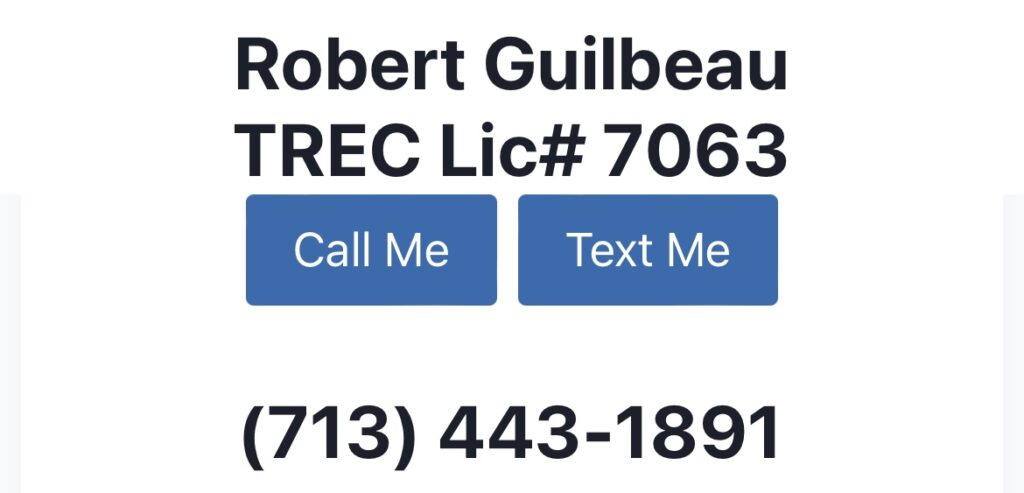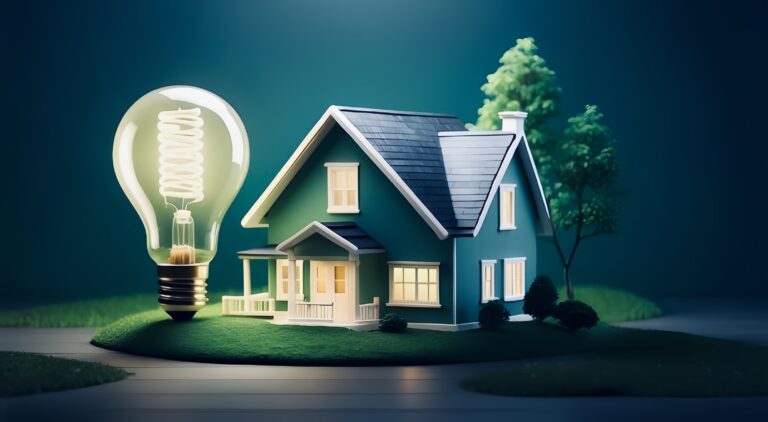The Importance of a Professional Home Inspection When Buying a House
Hey there, future homeowners! So, you’ve finally decided to take the plunge into homeownership. Exciting, right? You’ve been scrolling through listings, attending open houses, and dreaming about your perfect space. But before you sign on the dotted line and hand over your hard-earned cash, there’s one crucial step you absolutely can’t skip: the professional home inspection. Let’s dive into why this step is so important and how it can save you from a world of headaches down the road.
What Is a Home Inspection?
First things first, let’s clarify what a home inspection actually is. A home inspection is a thorough examination of a property’s condition, typically conducted by a licensed professional inspector. This inspection covers various aspects of the home, including the roof, foundation, plumbing, electrical systems, heating and cooling systems, and even the overall structural integrity.
Think of it as a health check-up for your future home. Just like you wouldn’t buy a car without knowing its condition, you shouldn’t buy a house without understanding its state.
Why Is a Home Inspection Important?
1. Uncover Hidden Issues
One of the main reasons to get a professional home inspection is to uncover hidden issues that may not be visible during your initial walkthrough. Sure, that charming little bungalow might look perfect on the surface, but what about the plumbing behind the walls or the roof above your head?
A professional inspector has an eye for detail and knows what to look for. They can identify problems like:
• Water damage: This can indicate leaks or poor drainage.
• Structural issues: Cracks in walls or uneven floors could signal serious problems.
• Electrical hazards: Outdated wiring can be dangerous and costly to fix.
• Pest infestations: Termites or rodents can wreak havoc on your new home.
By uncovering these hidden issues early on, you can make informed decisions about whether to proceed with the purchase or negotiate repairs with the seller.

2. Negotiate Repairs or Price Adjustments
Once you have the inspection report in hand (which should be detailed and comprehensive), you’ll have valuable leverage in negotiations. If significant issues are discovered—like a faulty roof or outdated electrical systems—you can request that the seller makes repairs before closing or ask for a price reduction to cover these costs.
Imagine falling in love with a house only to find out later that it needs thousands of dollars in repairs. With an inspection report, you can avoid that gut-wrenching surprise and negotiate from a position of knowledge.
3. Peace of Mind
Buying a home is one of the biggest financial decisions you’ll ever make. It’s normal to feel anxious about it! A professional home inspection can provide peace of mind by ensuring that you’re making a sound investment.
Knowing that your future home has been thoroughly inspected by an expert allows you to move forward with confidence. You’ll have a clearer understanding of what to expect and whether any immediate repairs are needed.
4. Future Planning
A home inspection isn’t just about identifying current issues; it also helps you plan for future maintenance. Your inspector will provide insights into the lifespan of various components—like your roof, HVAC system, and appliances—so you can budget accordingly.
For example, if your inspector notes that the roof is nearing the end of its life expectancy, you’ll know to start saving for that replacement sooner rather than later. This foresight can save you from unexpected expenses down the line.

5. Insurance Requirements
Some insurance companies may require a home inspection before issuing a policy. They want to ensure they’re covering properties that meet certain safety standards. Having an inspection done can help facilitate this process and ensure you get the coverage you need without any hiccups.
What Does a Home Inspection Include?
So, what exactly does a professional home inspector look at? Here’s a breakdown of some key areas they typically assess:
Exterior Inspection
• Roof: The inspector will check for missing shingles, signs of wear and tear, and overall condition.
• Foundation: They’ll look for cracks or signs of settling.
• Siding: The condition of siding materials will be assessed for damage or decay.
• Windows and Doors: Inspectors check for proper sealing and functionality.
• Landscaping: They’ll evaluate drainage away from the foundation and any potential tree hazards.
Interior Inspection
• Plumbing: Inspectors will check pipes for leaks, water pressure issues, and drainage problems.
• Electrical Systems: They’ll assess wiring, outlets, breakers, and overall safety.
• Heating/Cooling Systems: The HVAC system will be evaluated for functionality and efficiency.
• Basement/Crawl Space: Inspectors look for moisture issues or signs of pests.
• Attic: They’ll check insulation levels and ventilation.
Safety Hazards
Inspectors will also look for safety hazards such as:
• Carbon monoxide detectors
• Smoke detectors
• Radon levels
• Asbestos (in older homes)
Choosing the Right Home Inspector
Now that we’ve established how crucial a home inspection is let’s talk about how to choose the right inspector for your needs:

1. Check Qualifications
Make sure your inspector is licensed insured in your state. Many inspectors also belong to professional organizations like the American Society of Home Inspectors (ASHI) or the National Association of Certified Home Inspectors (NACHI).
2. Read Reviews
Do some research online! Look for reviews on platforms like Google or Yelp to see what previous clients have said about their experiences with specific inspectors. Word-of-mouth recommendations from friends or family can also be invaluable.
3. Ask Questions
Don’t hesitate to ask potential inspectors questions about their experience, process, and what’s included in their inspections. A good inspector will be happy to answer your questions and explain their methodology.
4. Request Sample Reports
Before hiring an inspector, ask for sample reports from previous inspections. This will give you an idea of how thorough they are and what kind of information they provide.
5. Consider Experience
While all inspectors start somewhere, choosing someone with several years of experience in home inspections can provide added peace of mind. Experienced inspectors have likely seen various issues across different homes and know how to identify potential problems effectively.
What Happens After the Inspection?
Once your inspection is complete, your inspector will provide you with a detailed report outlining their findings. Here’s what typically happens next:
1. Review the Report: Take time to read through it carefully. Pay attention not only to major issues but also minor concerns that could become problems later on.
2. Discuss Findings: If possible, schedule time with your inspector to discuss their findings in detail. They can provide valuable insights into what needs immediate attention versus what can wait.
3. Negotiate with Sellers: Use the information from your report as leverage in negotiations with sellers regarding repairs or price adjustments.
4. Plan for Repairs: If repairs are needed post-inspection, create a plan for addressing them based on urgency and budget considerations.
5. Enjoy Your New Home! Once everything checks out and any necessary negotiations are complete, it’s time to finalize your purchase and enjoy your new space!
Final Thoughts
In conclusion, getting a professional home inspection before buying a house is not just wise; it’s essential! It helps uncover hidden issues, provides peace of mind, allows for informed negotiations, aids in future planning, and ensures compliance with insurance requirements.
Remember that buying a home is one of life’s most significant investments—don’t skip this crucial step! By investing in a thorough inspection now, you’re protecting yourself from potential headaches down the road.
So go ahead—find that dream home! And don’t forget to schedule that all-important inspection before making it yours! Happy house hunting!



